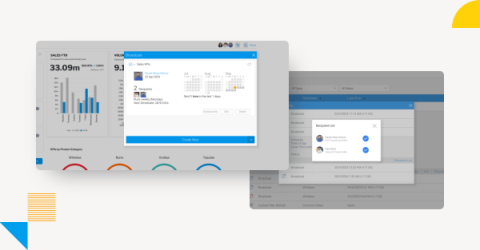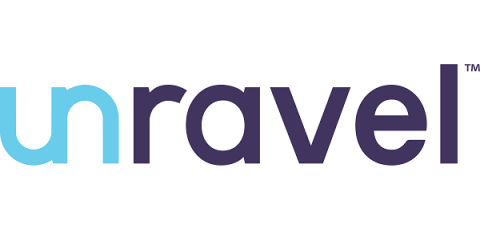DoD Launches Task Force Lima to Explore Generative AI
AI is the next revolutionary technology that will accelerate the mission of the Department of Defense. Newly boundless in its applications, “AI” joins “cyber” and “cloud” as the most important information technologies that have arrived in the last 25 years.








